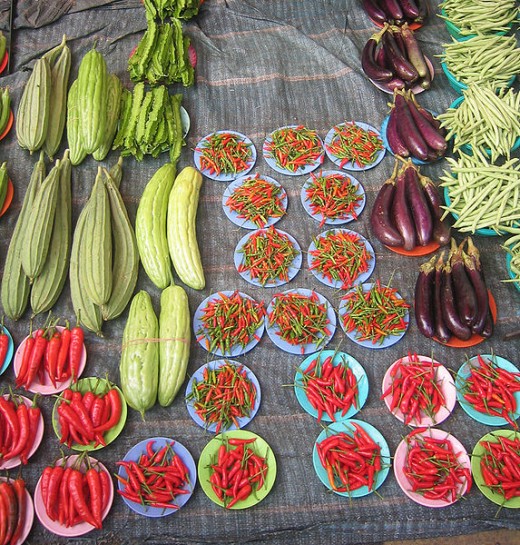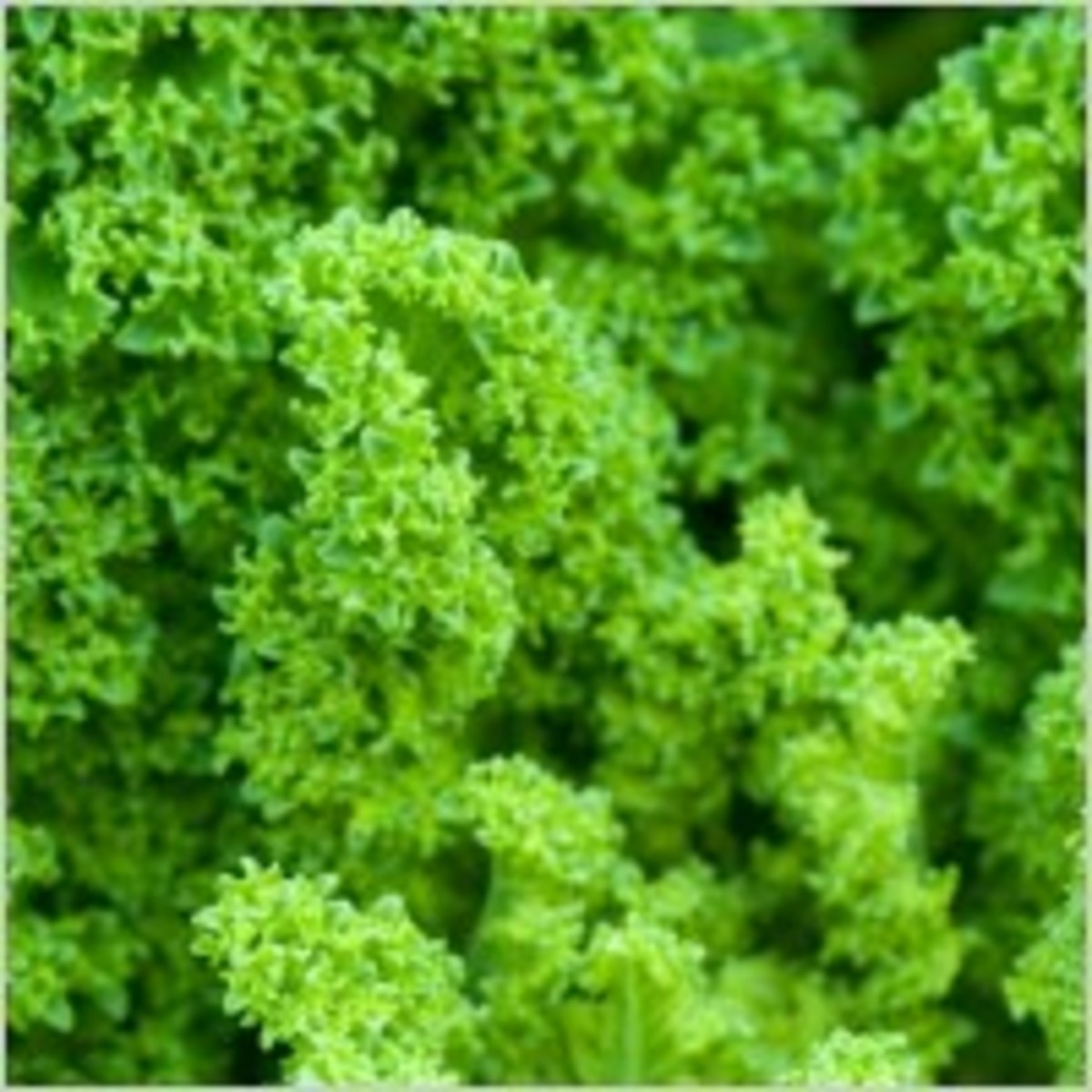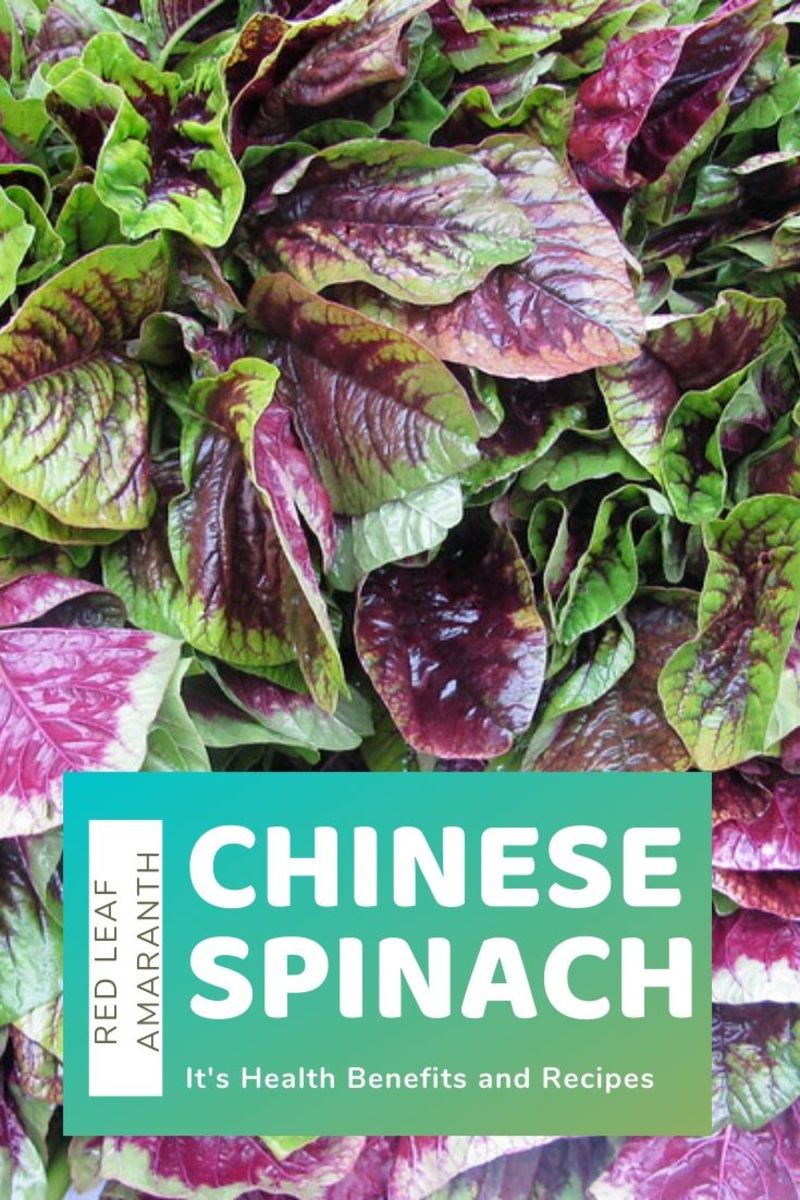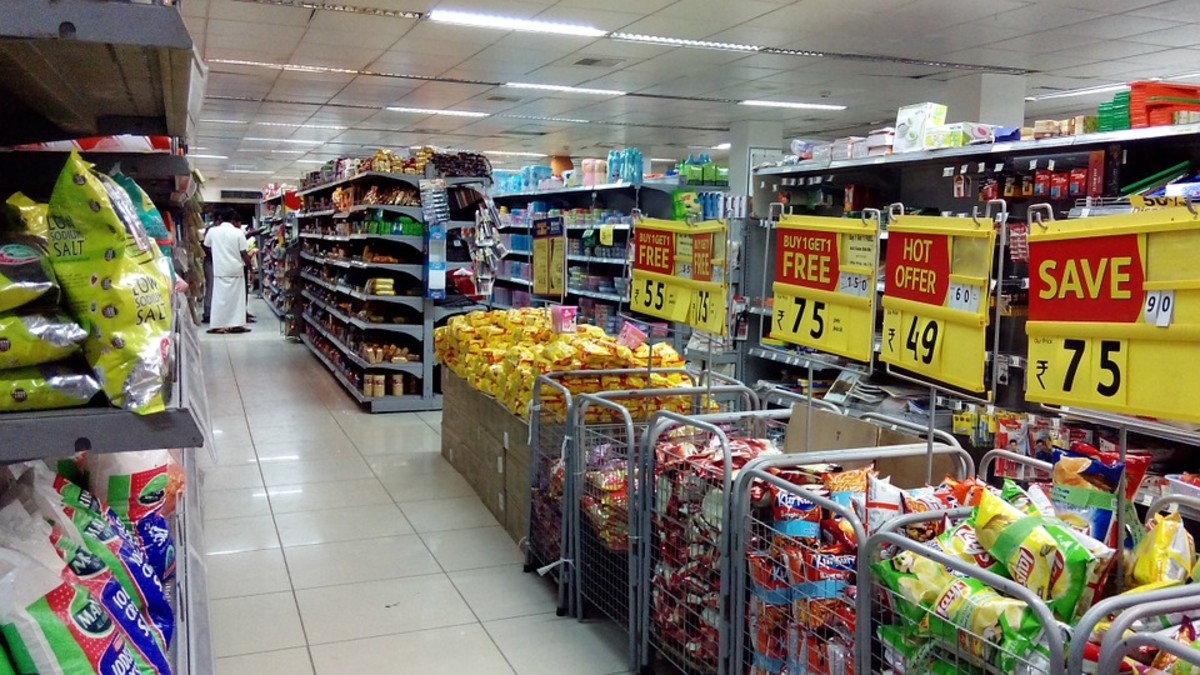Are organic foods better for your health and worth the higher price?
What exactly are organic foods and why are they any better?
Very many people around the world are eating more organically produced foods, and if they have access to the land, growing and producing their own organic foods too, but what are the benefits from doing this? Is eating this way really much better for your health and the environment?
Organic defined
First of all we need to define what the term “organic” means. When applied to foodstuffs it is used to make it clear that the vegetables, fruits, nuts, pulses or cereals have been grown without the use of pesticides and herbicides on the land they are cultivated on. Also it indicates that artificial fertilisers have not been used as well. Any processing of the foods has avoided the use of unnatural additives, preservatives, flavourings and sweeteners and that they have not been exposed to radiation.
Organically farmed meat and dairy products come from animals that have been fed only organic grain or other natural foods, and the animals have not been treated with antibiotics, hormones or given any supplemental medications.
Organic foods on sale

The benefits of organic foods and farming
Now the benefits of eating freshly harvested organic foods seem obvious if they have been produced as outlined above. There would be far more vitamins and minerals that we need for starters as it is well known that packaged and processed food are often lacking in these essential nutrients, and that fruit and vegetables lose their vitamin content with storage.
That many food additives used to preserve and enhance flavour and appearance is also widely accepted knowledge. It is also obvious that pesticides and herbicides used in the cultivation of fruit and vegetables are likely to remain on or in the foods and are toxic to our bodies and the environment.
Pesticides
Concerns about pesticides justified
Concerns about pesticides are certainly justified. In the 1950s and 1960s, the pesticide DDT was believed to have caused the widespread thinning of the eggs of North American birds, and because of this species such as the bald eagle and peregrine falcon rapidly fell in numbers. Rachel Carson's classic book Silent Spring warned about this danger.
A lifeline for rural communities
It has been said that organic agriculture can provide a real lifeline for small farmers because it offers an alternative market where fair prices can be paid for produce.This is a very valid point because small farmers in rural communities need to be able to sell their produce to bring in an income.
Better flavour
Fresh organic foods taste a lot better too. Compare a tomato you have grown yourself with one from the shop and you will agree this is true. The same can be said for all fruit and vegetables.
Why organic food?
Two sides to every story
But not everyone would agree that organic farming is really any better than non-organic agriculture for a number of reasons. The popularity of organic food has not been on the back of scientific evidence. In fact, the growing trend for organic farming and produce is not being promoted or created by mainstream agricultural scientists.
Elizabeth Finkel, writing for Cosmos Magazine in August 2007, says: “The surprising factisthat this mass migration to organic food has not been on the back of scientific evidence. In fact, you'd be hard pressed to find comprehensive evidence that organic food is healthier – either for us or the planet.”
Professor Anthony Trewavas, a research scientist at the Institute of Cell and Molecular Biology at the University of Edinburgh, is one scientist who has spoken out against organic farming and pointed out its dangers.
BT pesticide spray
Organic farmers have no worries about using BT pesticide spray, because they would argue that BT is made by the bacterium Bacillus thuringiensis and so is natural, however, at the same time, they would protest about the genetically modified (GM) BT cotton crops that carry an inbuilt supply of the same substance. It is the same pesticide, although it didn’t get into the corn in a ‘natural’ way.
Illogical
There has been a notable lack of apparent logic applied by those in favour of organically farmed crops too. These people are all for “getting back to nature” and doing things the old-fashioned way. Yet, as Prof Trewavas is keen to point out, many organic farmers will grow modern crop varieties of many plants, such as oats, barley, wheat, tomatoes and potatoes, even though they have been produced by artificial selective breeding or genetic manipulation. These plants are not natural and do not survive well if left to themselves in fields unless they are cultivated by people.
Potential dangers and health risks
Some scientists have actually spoken out against organic farming and pointed out its dangers. There are possible health risks from organically farmed foods too. Organic farmers will happily use apply cow or pig manure if it is available but this can be infected with the potentially dangerous E coli 0157 bacterium. While this is of no danger to cows it can be a serious threat to humans. Two outbreaks of illness caused by E coli in America were traced back to organic strawberries and lettuce, and in Aberdeen, home-made organic goats' cheese caused children to become ill due to E coli bacteria.
Food shortages
Another argument against organic farming is that in an overpopulated world it would be impossible to produce enough food by using old-fashioned ways to feed all the people now on the planet. It is argued that modern farming techniques are geared to solving this and that organic farming would lead to very serious food shortages.
Other land uses and a boom in sales of organics
Alternative uses for the land
However, it can also be argued that if land wasn’t used for growing grain and soya beans to use as animal feed, as it currently is, and if more land was no longer used for farming cattle, then much of it could be used productively to cultivate crops to feed people with. The land could also be replanted with forests or set aside as nature reserves or as areas used for recreation. This is what those in favour of organic farming would be quick to point out.
A boom in organic food sales
Whilst the debate continues over whether organic foods really are better for us and better for the ecosystem of the planet or not, the fact remains that an increasing number of people are choosing to eat food produced this way. World organic food sales increased dramatically from US $23 billion in 2002 to $52 billion in 2008 and this shows the demand for these foods is there. When all is said and done perhaps it is really the consumer who decides on this issue. If the public want organic foods then they will be produced.
The last word
But the last word can go to the Prince of Wales, who is a firm supporter of the organic farming movement. In a speech he gave at the Aberdeen University Centre for Organic Agriculture, October 13, 1998, Prince Charles said:
“It seems to me that the demand for organic produce is more than anything else a direct consequence of great concern that has mounted over the years about modern scientific farming systems which, I think, have become unbalanced. We have depleted the land and use animals as machines. We are now seeing the consequences of that and, hopefully, we are learning from our mistakes before it is too late.”
© 2011 Steve Andrews








